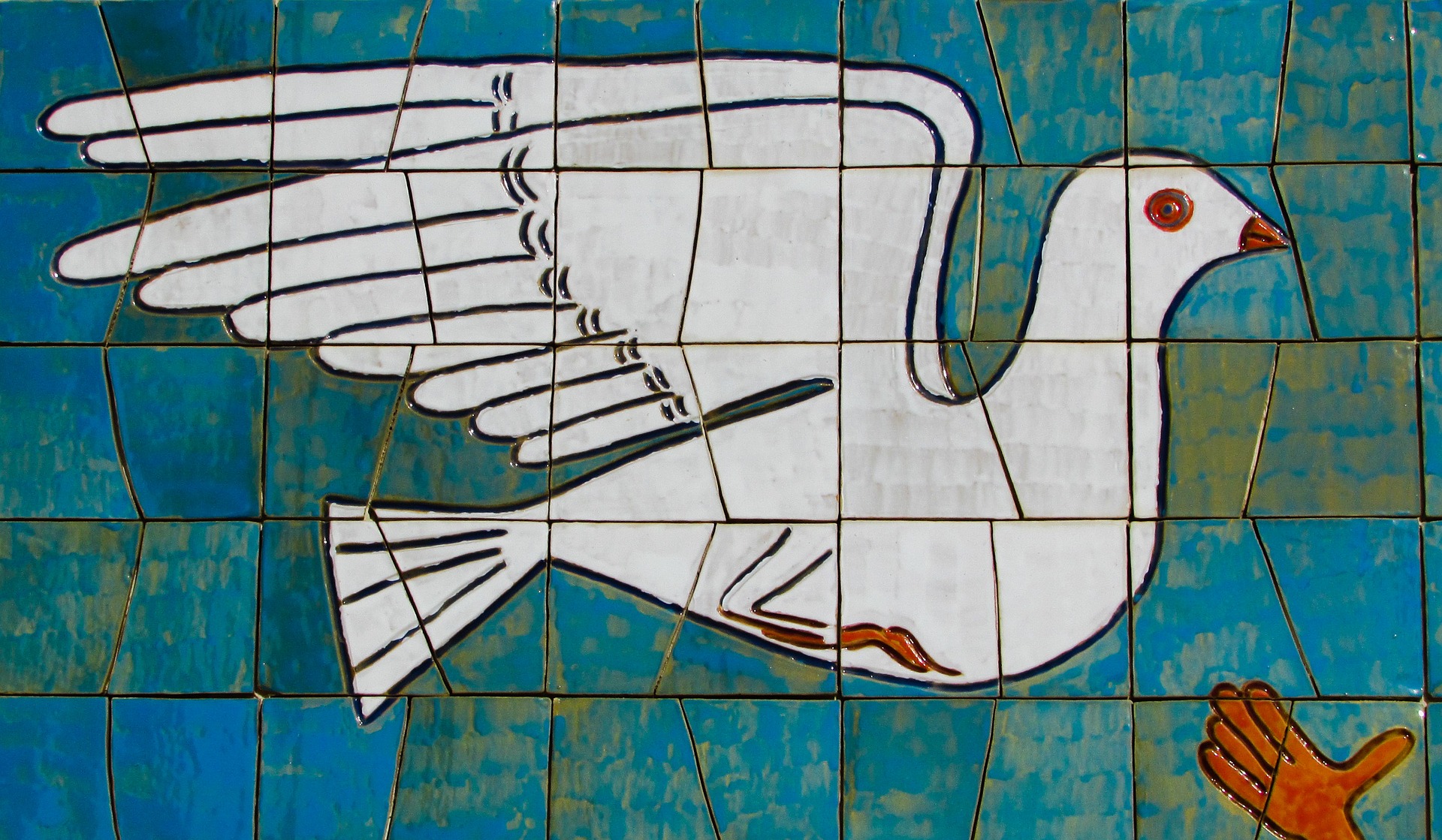
Comparative peacebuilding in Asia: liberal and illiberal transitions from ethnic conflict and authoritarianism
A new strategic network award from the ESRC has been awarded to an early career researcher at York for £92,000, for her network project on comparative peacebuilding in Asia.
The network is co-lead by Dr Claire Smith, a Lecturer in the Department of Politics and International Relations at York, in collaboration with Dr Lars Waldorf, from the Centre for Applied Human Rights and the York Law School. Co-convenors are Dr Rajesh Venugopal at the LSE (where the grant is based), Dr Nicholas Farrelly at the Australian National University, and Dr Najib Azca at Gadja Mada University, Indonesia.
Aims
The network aims to support novel, interdisciplinary and international collaboration between researchers and non-academics on key issues of peacebuilding in transitional states in Asia. This collaboration is hoped to direct the future direction of GCRF funding in the realm of conflict, development. It will bring novel combinations of perspectives on peacebuilding together in order to identify key areas for future research, to inform thinking on how these areas might be addressed, and to build the capacity and relationships required to support this in the region.
The objective is of the network is not only to build links and generate new ideas across researchers and policymakers, but to inform a much wider audience. The network will build a website among the comparative peacebuilding community, where papers, blogs and other communications will be exchanged. Furthermore, the network aims to produce a special journal edition on the comparative politics of peacebuilding by the end of the project in 2018.
Conferences
The network is organized around a series of three conferences to be held in Sri Lanka (June 2017), Indonesia (December 2017) and the United Kingdom (June 2018). Successful applicants to the conference series will be supported by the network grant to attend the conferences, to participate in local peacebuilding workshops during the visit, and to network with national and international scholars and policy makers during the conference series.
The series of three conferences seeks to promote research and facilitate interdisciplinary discussions on the illiberal, nationally driven peacebuilding processes of peacebuilding in conflict-affected South and Southeast Asia. There has been an extraordinary expansion of academic interest in this field, and a new generation of scholars is producing exciting research drawing on theoretical innovations and empirical advances, including interesting comparative work.
To frame the discussion of comparative peacebuilding, the conferences call for empirically-grounded papers that deal with one or more of the following key research questions:
- Why do some regimes select illiberal peacebuilding?
- Is illiberal peacebuilding a useful concept, and to what extent does it differ from liberal modes of peacebuilding?
- How do the policies and practices of illiberal peacebuilding vary across different states and why? In particular, why are some illiberal peacebuilding processes more “liberal” than others?
- What is the frictional engagement between illiberal and liberal peacebuilding at international, regional, national, and local levels?
- How durable is illiberal peace? What are the outcomes of illiberal peacebuilding, on which groups, and how do we explain that variation?
- Has democratic institutional deepening and the end of authoritarianism in Asia complemented ethnic conflict resolution, or weakened it, thus far? What are the future prospects for these two processes working in harmony, especially in the time of Brexit and President Donald Trump?
